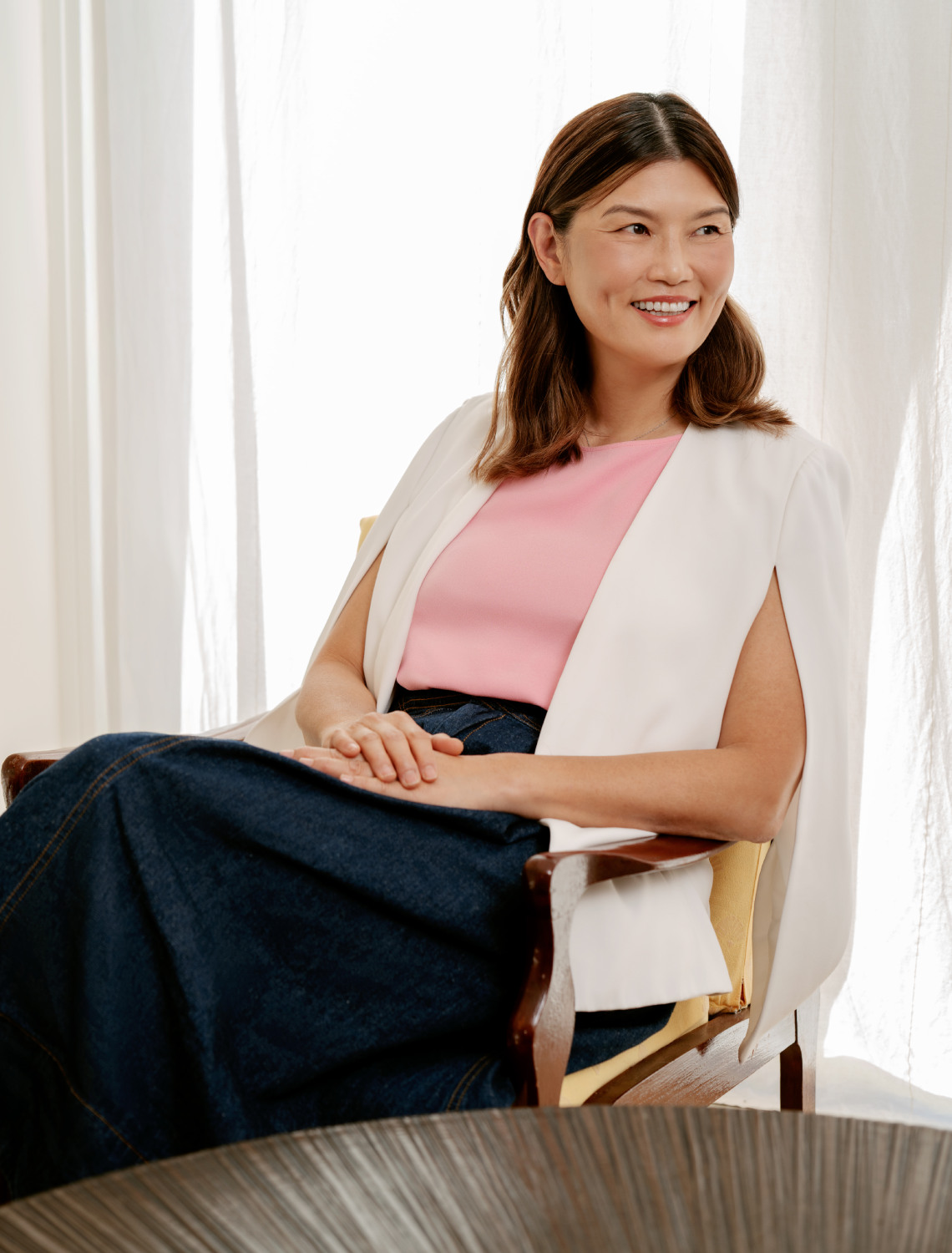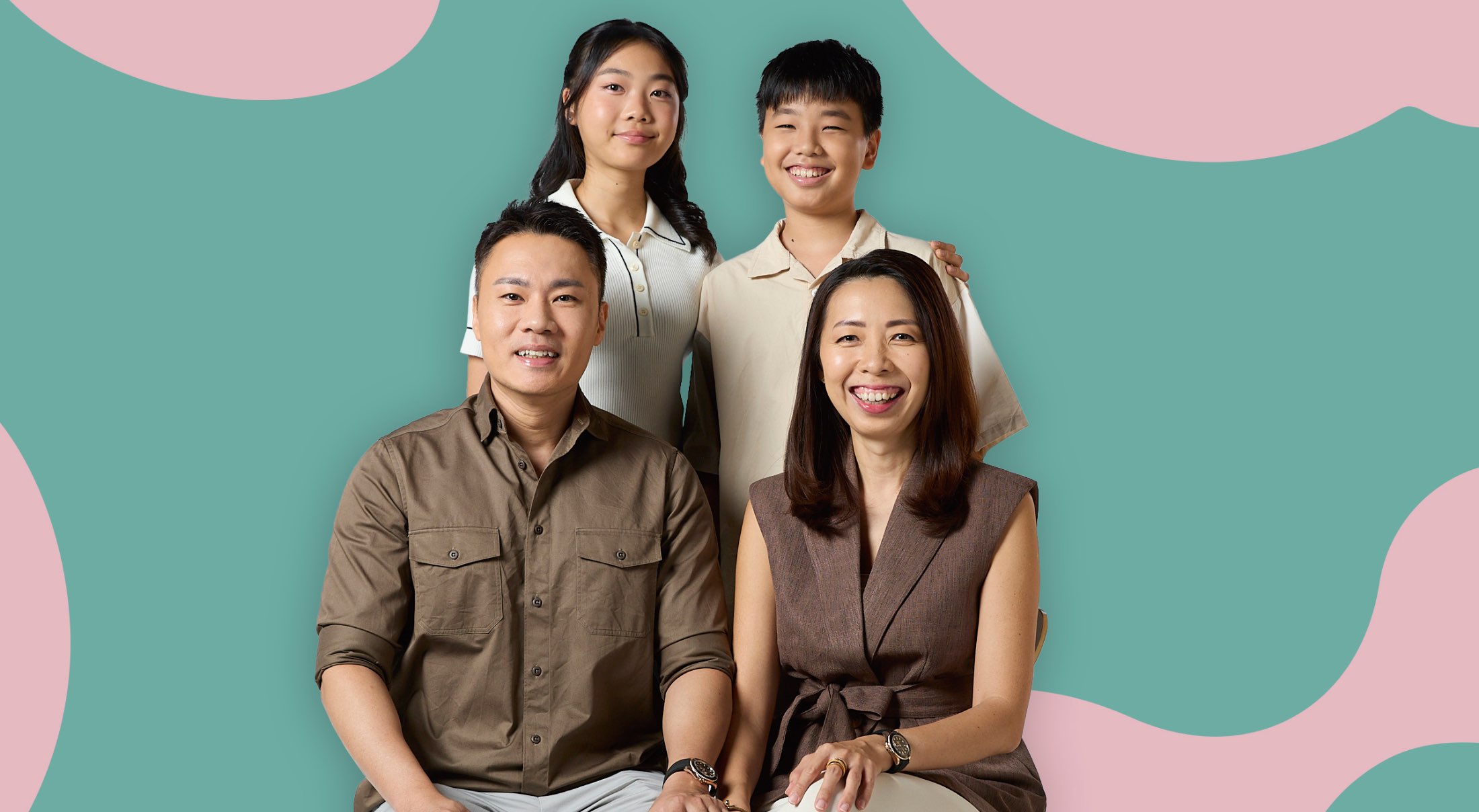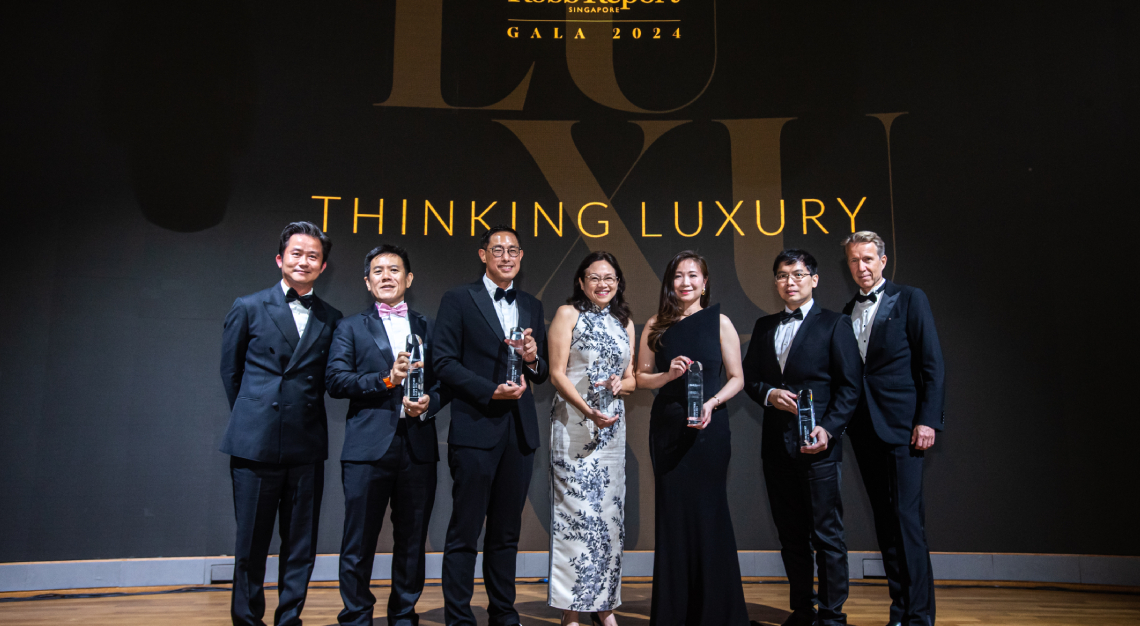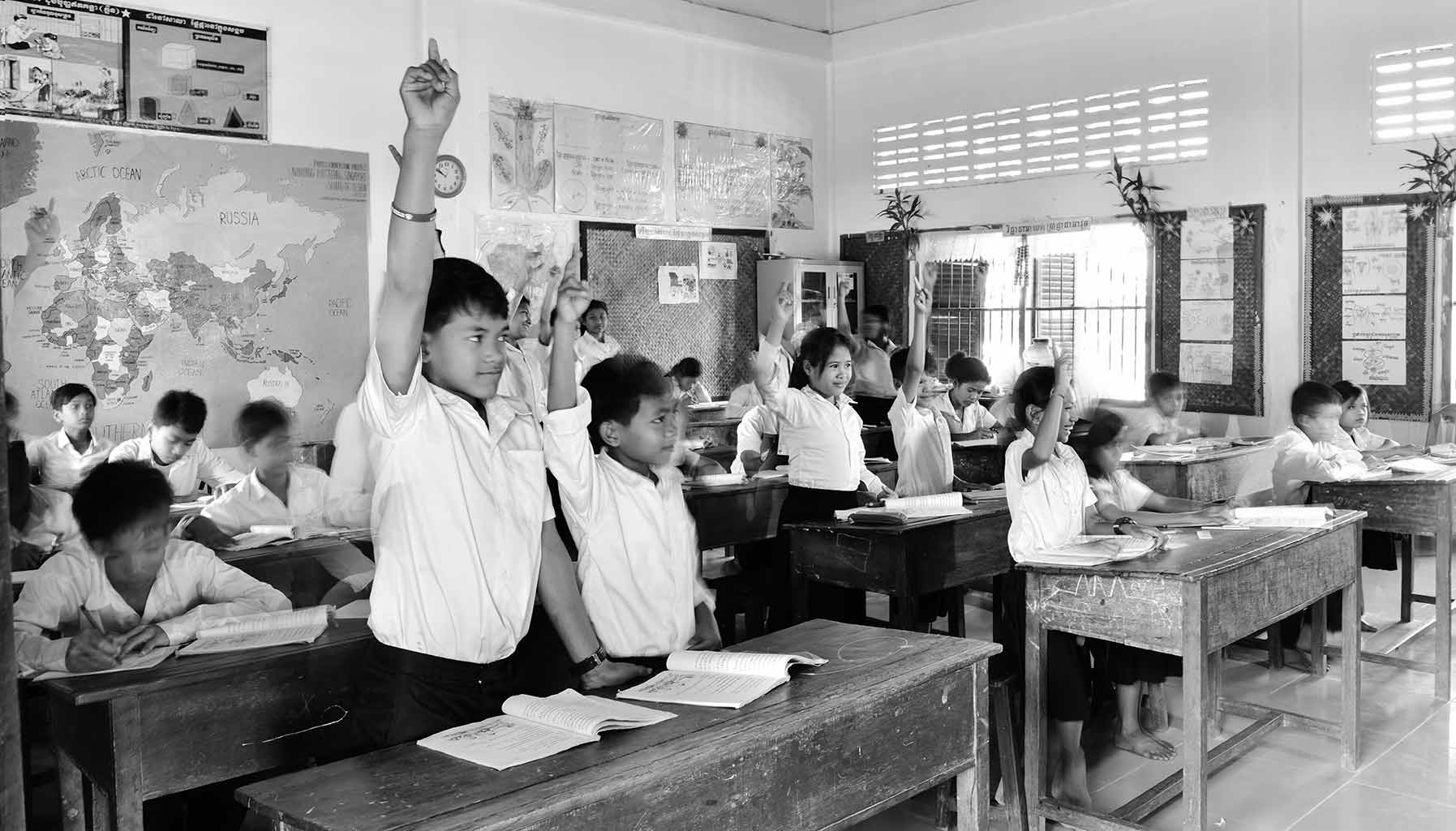Melissa Kwee, Robb Report Singapore Gala 2025’s Spirit of Philanthropy award recipient, on being an involved giver
Melissa Kwee’s face lights up when she talks about her neighbours. In Queenstown, where she and her community affectionately call themselves Queenstown Kakis, regular gatherings that span singing sessions, food parties, and crafting workshops held on a small grass patch at Stirling Road have become a source of joy and connection—and perhaps, a reminder of what led Kwee to be involved in community work in the first place.
A ground-up effort that was sparked after The Lovable Neighbourhood Boot Camp, an ideation initiative organised by DesignSingapore to foster loving neighbourhoods across the nation, Queenstown Kakis has since grown into a model of human connection and bonding.

“After I left NVPC (National Volunteer & Philanthropy Centre) in much better hands, there was only one thing I felt convicted to pursue. And that was this question: would you learn how to be a good neighbour?” she explains.
A true multi-hyphenate in the philanthropic space, Kwee is no stranger to driving national change. As CEO of NVPC from 2014 to 2022, she was instrumental in shaping the Singapore: City of Good vision—a transformative strategy that encouraged philanthropy as participatory work across individuals, communities, and corporations. From it emerged enduring platforms such as Giving.sg, the national digital donation portal, and The Company of Good, launched in 2016 to galvanise businesses towards purposeful impact. Beyond NVPC, she founded Project Access, Singapore’s first leadership programme for young girls, and Beautiful People, a mentoring movement connecting women professionals with youth, among many other initiatives.
Rethinking giving
One imagines that Kwee, who has received her fair share of accolades and awards, and has rolled up her sleeves in big and small ways in philanthropic and community work—whether at NVPC, speaking at TED talks, or spearheading outreach programmes to educate youths on HIV-AIDS—might, at some point, have become fatigued in her journey. She doesn’t deny it, but says that it takes some measure of resilience and a reframing of the work to understand the true meaning of giving.
“Many times, you feel deep frustration, sadness, disappointment, and even anger. You are angry when a young person is violated or when funding is cut and nobody is listening. I’ve felt that too. But staying the course is what matters most,” she says.
Over time, however, Kwee was also led to rethink her approach to philanthropic and community work. “There are times when we expect people to help themselves. But we do not understand that, especially for the working poor, carrying on after working 16-hour days and two jobs in an unsafe home is more than what most of us might be able to do,” she says.
Today, projects such as Queenstown Kakis offer Kwee a fresh perspective on what it means to embody Mahatma Gandhi’s oft-quoted call to “be the change you wish to see in the world”. “Ultimately, broader cultural renewal and systemic change begin with personal transformation,” she says.
Moving into the neighbourhood, Kwee believes, is a way to be intentional and present rather than to “pop in and out of the issues as convenient. “Instead of reading about it, studying it, or visiting it with an ‘I-it’ relationship, how could I have an ‘I-you’ relationship? Having now understood more clearly how my neighbours live, I can say with confidence that one of society’s greatest challenges is to humbly refrain from judging others,” she says.
“There is an impulse in every human being—a spirit to give. It shows up mostly in our families. My hope is that we can expand that circle. At the end of the day, we dont have to do something grand. We just need to take the first step to care beyond comfort.”






